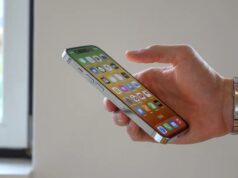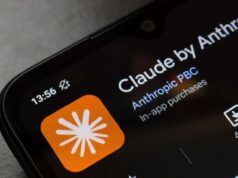The iPhone 15 due to be launched next year is set to be a landmark model in the history of the Apple smartphone line-up, and that has to do with the incorporation of the USB Type-C port in the iPhone for the first time ever. This would mark the end of the road for the Apple proprietary Lightning port as all future iPhone devices will continue to sport the USB-C port henceforth. This however is much along expected lines given a court ruling in Europe that has made it mandatory for Apple to offer USB-C ports on all its future iPhone models. Apple fans too have long been clamoring for just this feature.
With that being the current scenario, noted Apple analyst Ming Chi Kuo is further claiming that the USB-C port on the iPhone Pro models will offer significantly higher data transfer speeds than the base models. This way, the difference in the data transfer speed will prove to be another factor in bifurcating the future iPhone lineup, something that will supposedly justify the Pro status of the high-end iPhones compared to the base models.
According to what Kuo revealed which again is based on inputs he received from the supply chain network, the USB-C port on the iPhone 15 and iPhone Plus will be slower compared to the same on the iPhone 15 Pro and the iPhone 15 Pro Max. More specifically, the USB-C port on the iPhone 15 and iPhone 15 Plus will have the same data transfer speeds as that of USB 2.0, which again is the same as that of the Lightning port. That stands at a modest 480 Mbps.
Kuo believes the iPhone 15 Pro and iPhone 15 Pro Max will have at least USB-C 3.2 which should provide data transfer speeds of around 20 Gbps. Integrating an even higher-rated USB-C port with data transfer speeds comparable to that of Thunderbolt 3 could see transfer speeds as high as 40 Gbps. This, if true, will make the wired transfer of data such as images or video much faster than is currently possible.
The latter bit will also be interesting considering that the USB-C ports currently present in Android phones support speeds that match USB 2.0. Android phones have been featuring USB-C ports for a while now though late entrant iPhone can still steal the limelight with higher-rated USB-C ports capable of USB-C 3.2 or Thunderbolt 3-level data transfer speeds. No wonder, Android device manufacturers will be scrambling to offer higher transfer speeds. An offshoot of that would be a higher demand for high-speed transfer chips which is going to be beneficial for the industry.










